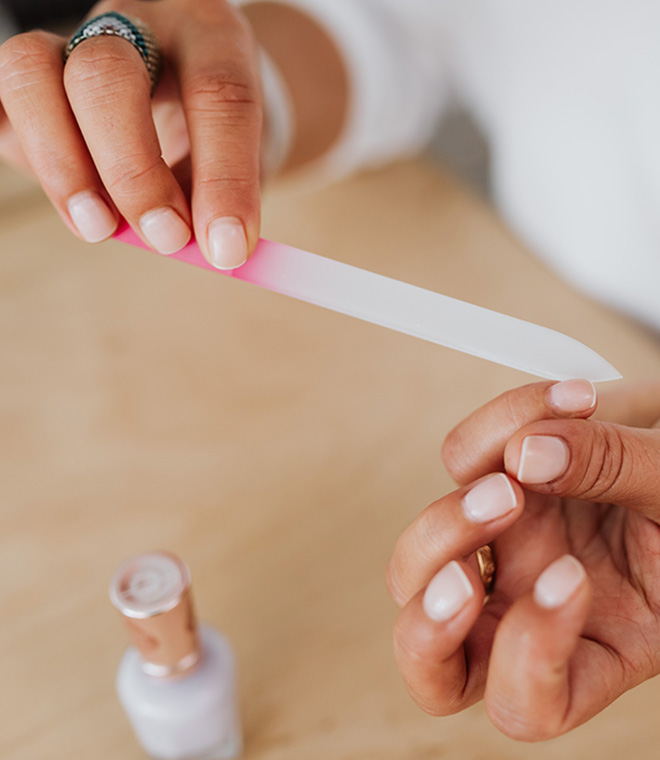Wellness
Biotin vs. collagen: How do they differ?
By Katie Newsome, MPH, RD, LD Jul 01, 2022 • 3 min
Biotin and collagen are essential nutrients that help the body function, and both are also sold in supplement form and promoted for their skin, hair and nail benefits. But biotin and collagen have some key differences. Understanding those differences can help you make an informed decision if you’re considering taking them as supplements.
What's the difference between biotin and collagen?
An important difference between biotin and collagen is that biotin is a vitamin and collagen is a protein. Specifically, biotin is vitamin B7 and collagen is a protein that makes up 30% of the body's tissue. Both biotin and collagen are known for helping to maintain healthy skin, hair and nails, but the need for and function of each nutrient is slightly different.
Biotin
Biotin is a key nutrient that helps the body break down fats, carbohydrates and proteins to turn them into energy. It also assists in regulating certain cell and gene activity.
Biotin deficiency can lead to hair loss, skin rashes and brittle nails, which is why some people take biotin supplements to support hair, skin and nail health. However, research into the benefits of extra biotin intake for healthy people has been inconclusive. Several small studies have reported that for some people with brittle nails, taking high doses of biotin resulted in thicker, harder nails. Biotin has also been found in some cases to promote hair growth in children with a rare hair disorder and to improve some skin rashes in infants.
Collagen
Collagen is a protein that the body makes naturally, although you can also get collagen from some foods and supplements. In the body, collagen is a key building block in bones, muscles, hair, skin and more.
Collagen is a major component of skin, aiding its elasticity, which is why collagen supplements have become popular in the skin care and cosmetics industry. As you get older, the amount of collagen in your body decreases, leading to signs of aging, such as wrinkles and sagging skin. Some studies have found that collagen supplements may help support skin elasticity and hydration and reduce the appearance of wrinkles, but more research is needed.
There isn’t enough evidence to prove the benefits of biotin and collagen supplements on hair, skin and nails, although some people report positive results. Check with your healthcare provider if you’re considering taking biotin or collagen supplements.
Published June 2022.
Sources:
1. https://lpi.oregonstate.edu/mic/vitamins/biotin
2. https://ods.od.nih.gov/factsheets/Biotin-HealthProfessional
3. https://www.hsph.harvard.edu/nutritionsource/collagen
4. https://ods.od.nih.gov/factsheets/Biotin-Consumer
5. https://pubmed.ncbi.nlm.nih.gov/33742704
6. https://www.ncbi.nlm.nih.gov/pmc/articles/PMC7578929
7. https://pubmed.ncbi.nlm.nih.gov/31036793
8. https://www.cedars-sinai.org/blog/collagen-supplements.html



